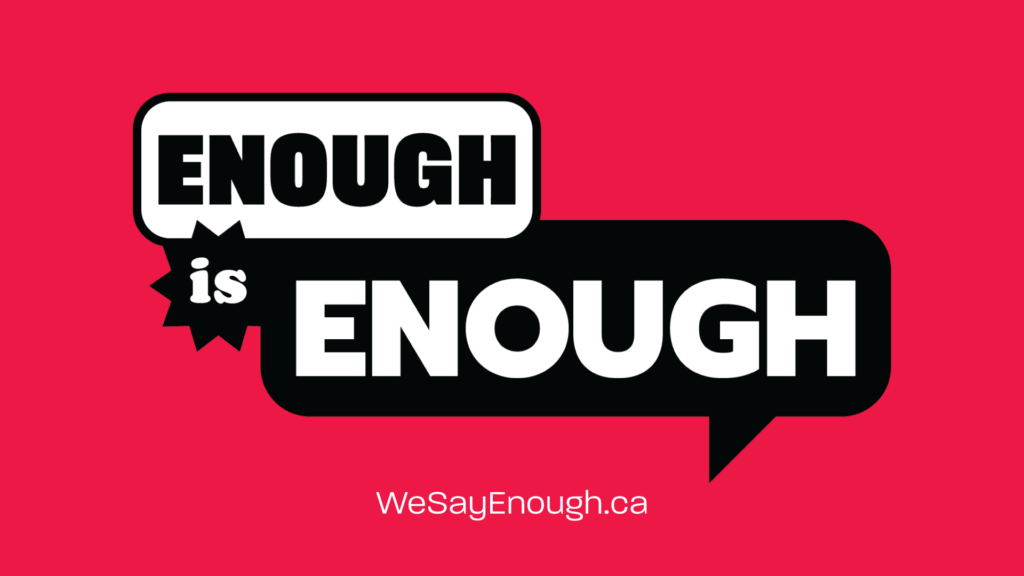
Article Appeared in Print Edition: Friday, June 1, 2012
Read the article on the National Post website and share your comments
Numerous National Post columnists have argued that striking Quebec students should just accept higher tuition rates. I don’t get that argument. In Ireland, where I’m from, education is free from kindergarten through university. It seems absurd to me that we charge our young people any college or university fees at all, given that their skills and knowledge will propel our economy.
There are 20 developed countries in the OECD that currently charge zero or nominal fees for higher learning. However, here in Canada, free tuition continues to be treated like a radical idea, while the more than 150,000 students who have been striking in Québec for the past 15 weeks to stop fee increases have been chided by politicians and pundits alike for harboring a sense of “entitlement.”
If Ontario-style tuition fees are the alternative, then Quebecers are right to be concerned. At $6,500 a year, Ontario students pay three times the average Quebec fees for an undergraduate program. Professional programs such as medicine and law at the University of Toronto charge about $19,000 and $25,000 respectively for a single year — as much as 10 times the fees charged by Quebec’s McGill University.
It’s no wonder that Ontario can’t convince debt-laden
medical-school graduates to take up family-practice medicine or persuade young lawyers to choose less lucrative legal-aid or immigration-law posts.
In the meantime, families across Canada are struggling with record high debt and stagnant incomes. High tuition fees are driving people further into debt, because everyone knows that these days higher education is a necessity. The growth of technology and knowledge-based industries means that today, a journeyperson’s ticket, college diploma or university undergraduate degree, provide much the same career currency as a high-school diploma did in the 1960s. No longer a path to upper-income earnings, further education is the minimum requirement for an average income.
So isn’t it time that Ontario considered free and universal access to college and university in the same way it universalized high school education at the beginning of the last century? Isn’t it time that profitable corporations were obliged by law to invest in workplace-based training such as apprenticeship and basic skills?
While certain politicians may argue that full funding for post-secondary education is unaffordable, this is nonsense. After all, if Prime Minister Stephen Harper can pour federal money into F-35 fighter jets and tax breaks for companies getting rich off the tar sands, and if Ontario Premier Dalton McGuinty can likewise fund casinos and corporate tax cuts, then surely both levels of government can invest in our future workforce.
Indeed, the Canadian Centre for Policy Alternatives demonstrates that with a contribution through the tax system of a mere $170 per household, tuition fees at Ontario universities could be eliminated. Under this model — which already exists for Quebec colleges — every Ontarian with the skills and talent to learn could get a university education without taking on insurmountable debt. Compared to the $500 that every Ontario household will contribute towards reducing corporate taxes by $2.4 billion, universal education seems like a bargain.
If employers were compelled to invest a nominal amount of their generous tax savings in workplace-based training — again, as they are in Quebec — we could expand access to authentic trades training and improve apprenticeship-completion rates while also increasing basic skills, language and literacy training for all workers. This would increase the productivity of Canada’s workforce, develop the next generation of skilled trades workers and address corporate Canada’s abysmal performance among OECD countries in job-related training.
Together with free higher education, these measures would decrease reliance on the Temporary Foreign Worker Program for skilled tradespersons, such as plumbers, carpenters and electricians, and help protect all workers from exploitation.
The hundreds of thousands of Quebecers of all ages and backgrounds who have joined the students in their daily street protests are evidence of a deeply felt conviction that accessible education is practical, fair and necessary. These are the voices of principle, not privilege. I can only hope that Ontario students and their families will find inspiration in Quebec and join them in striking for a better future.
National Post
Sid Ryan is the president of the Ontario Federation of Labour.


